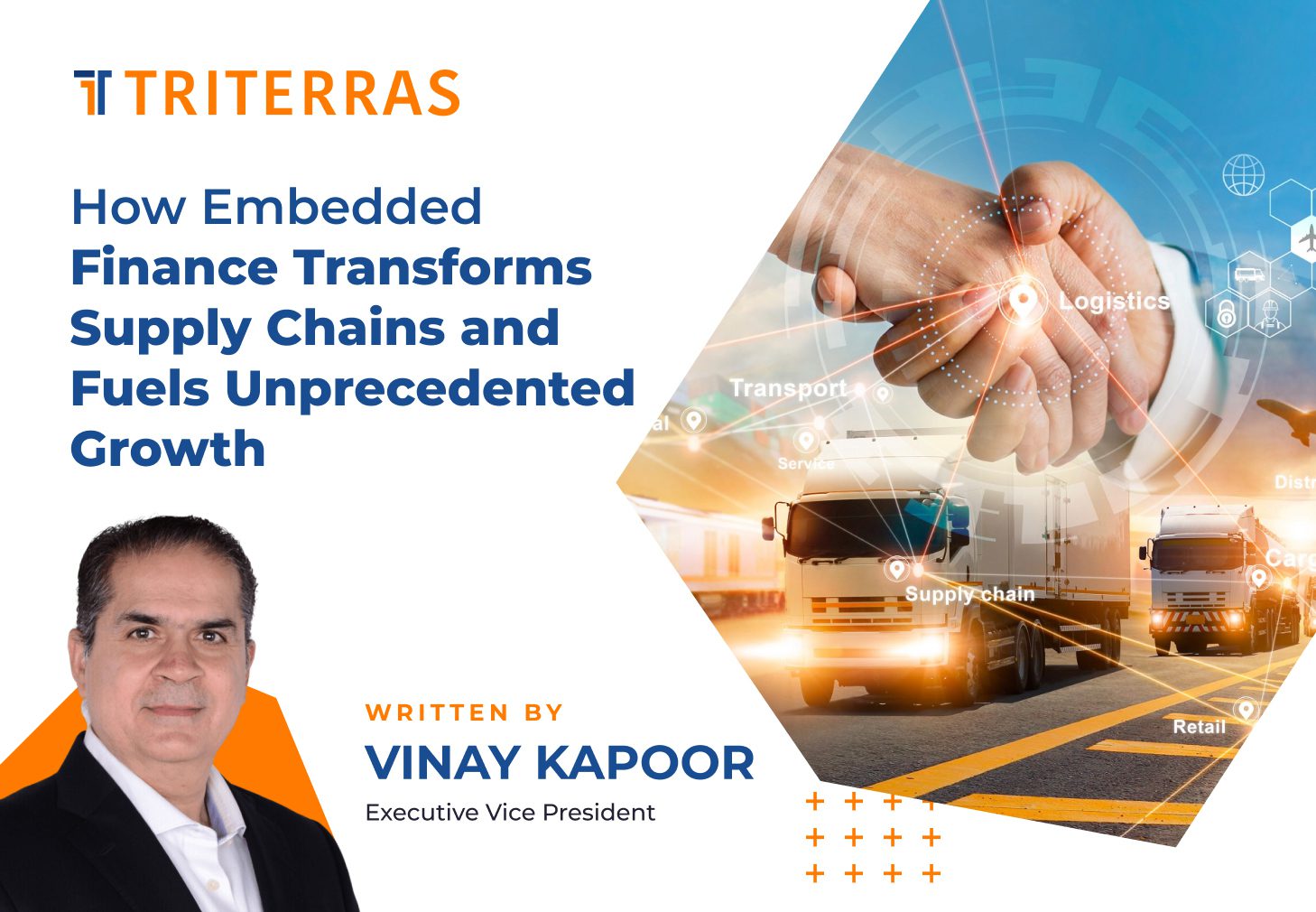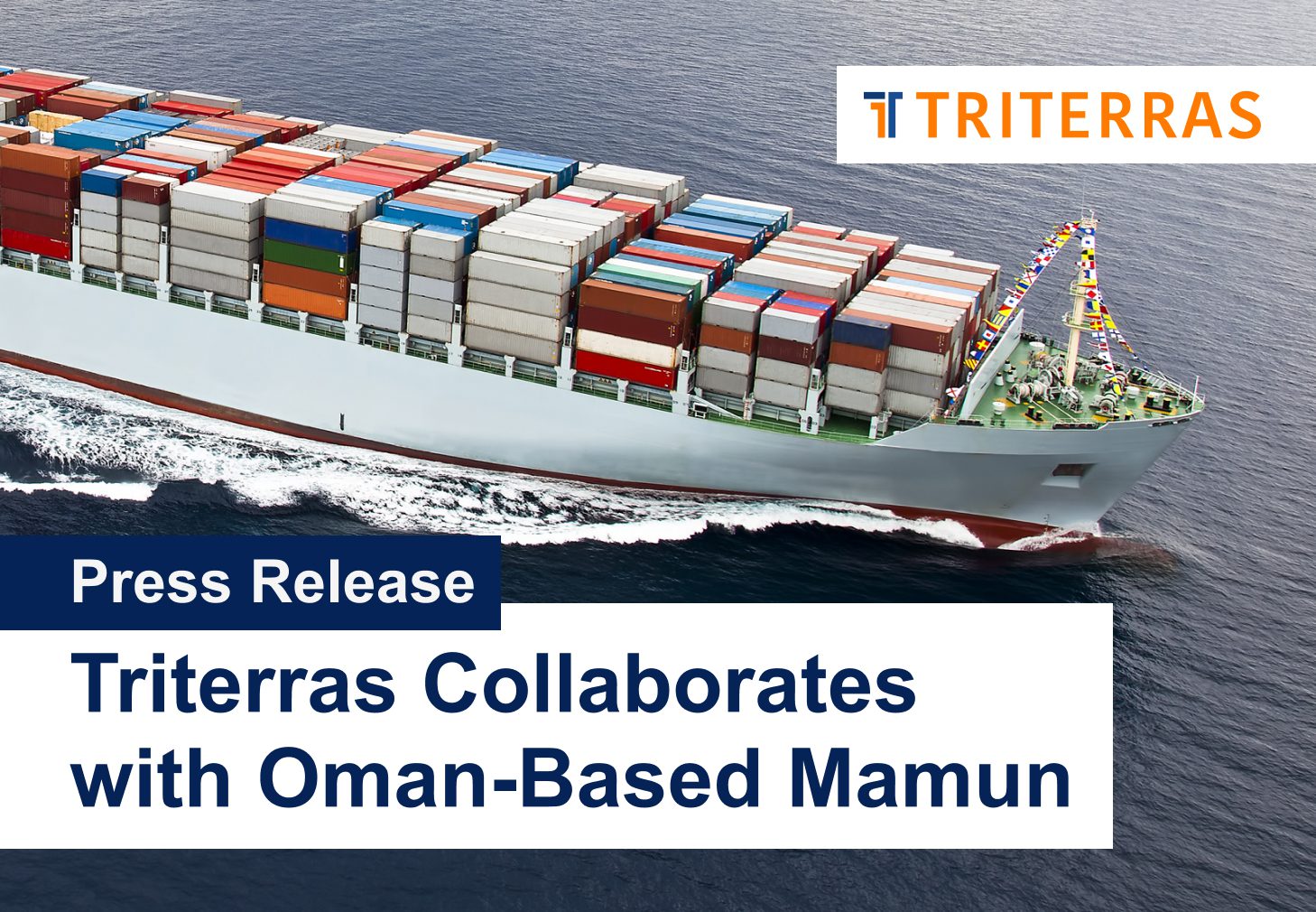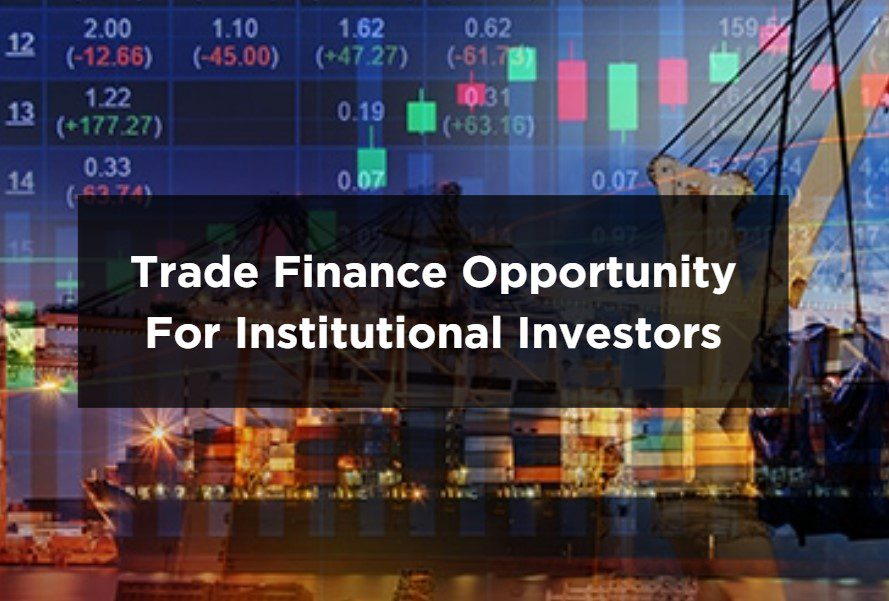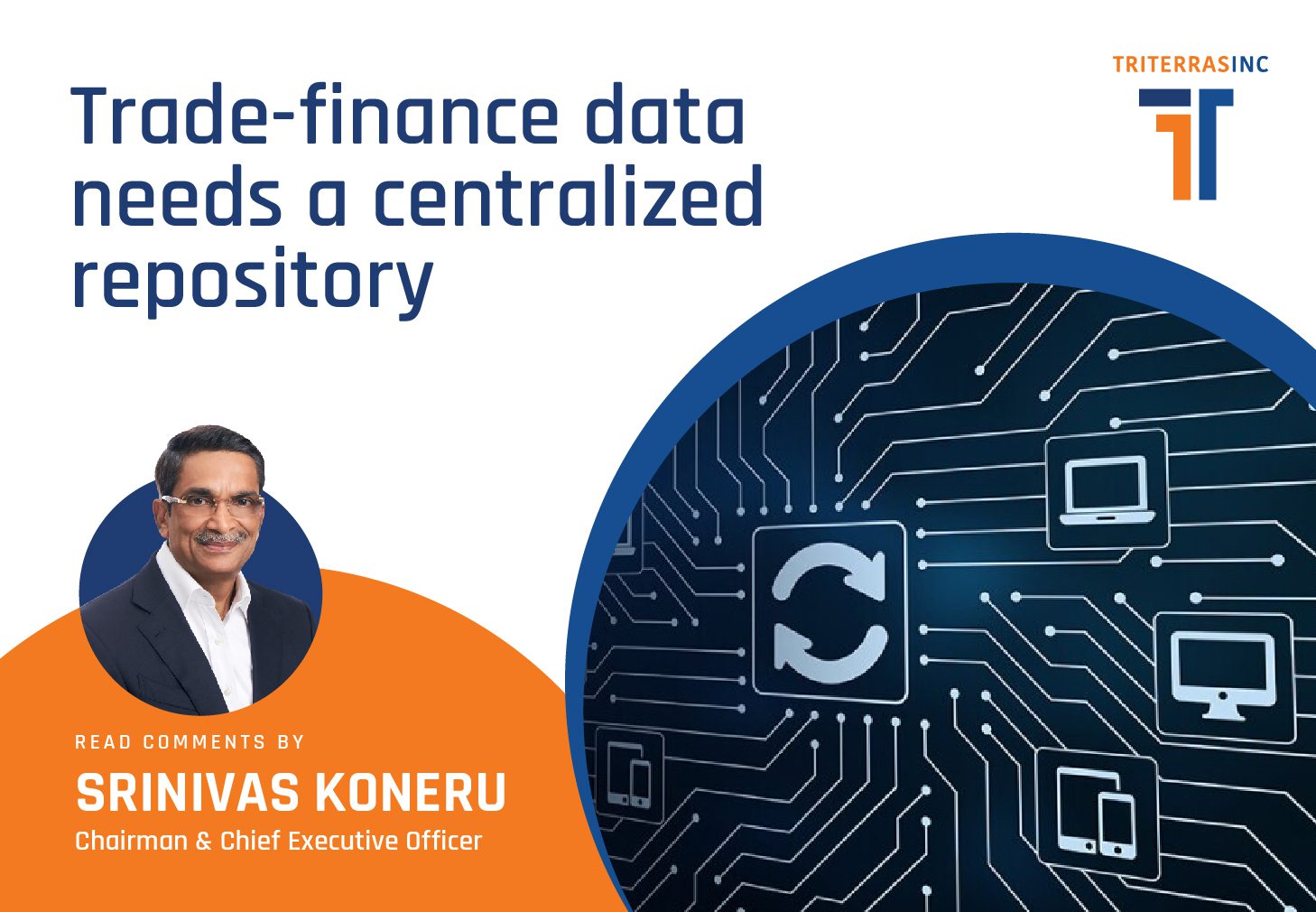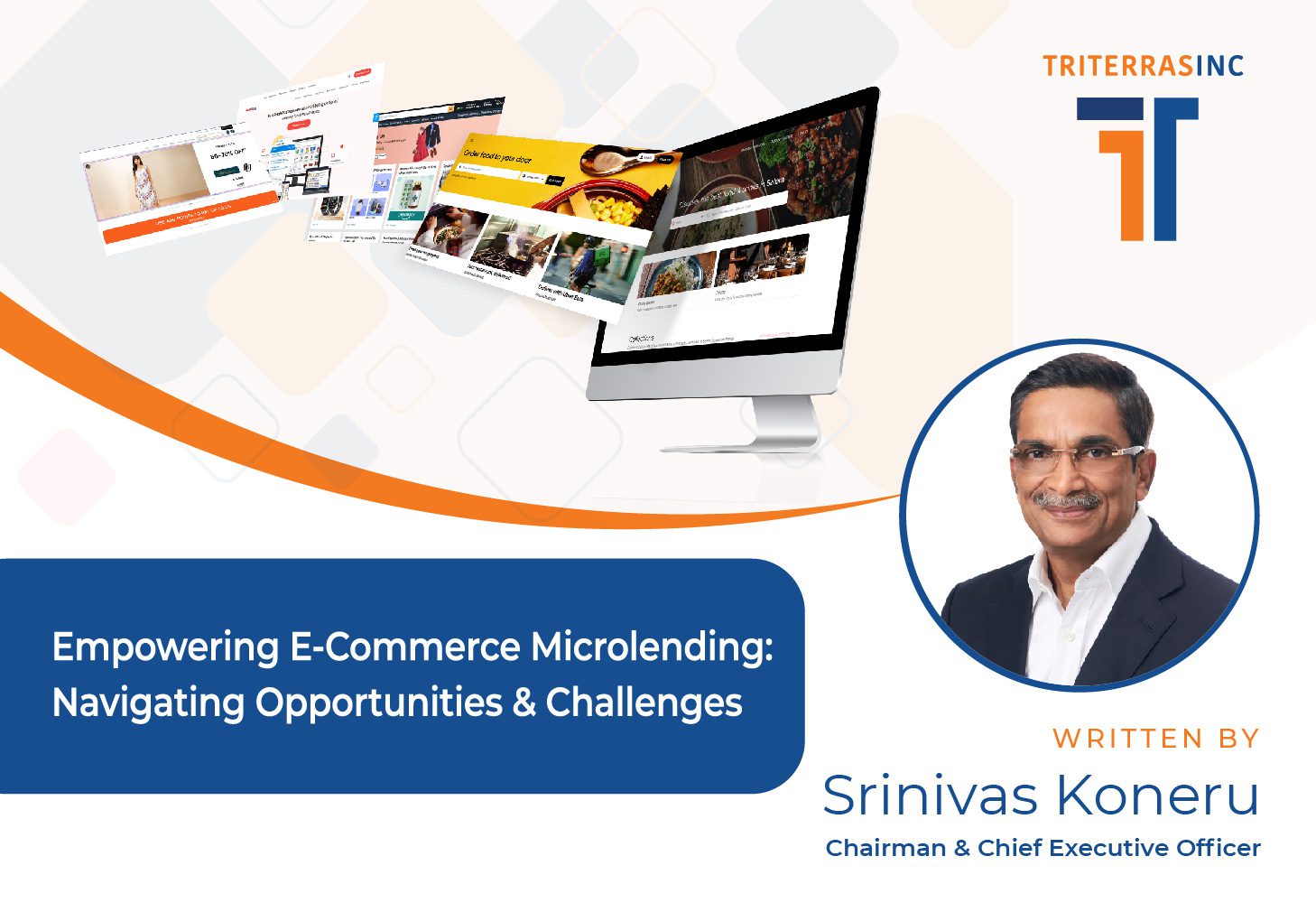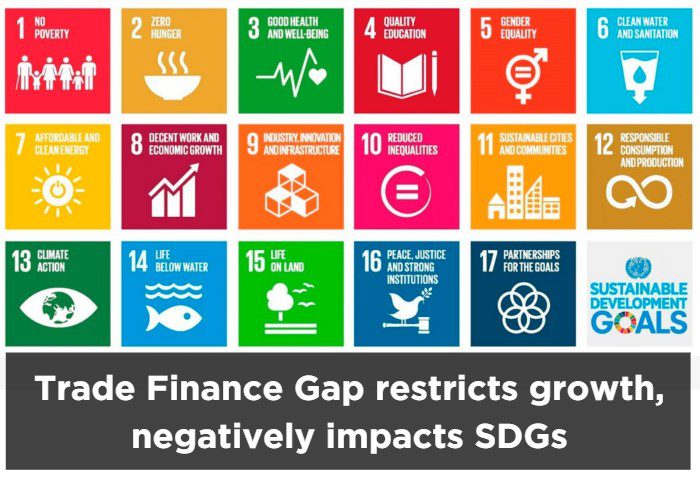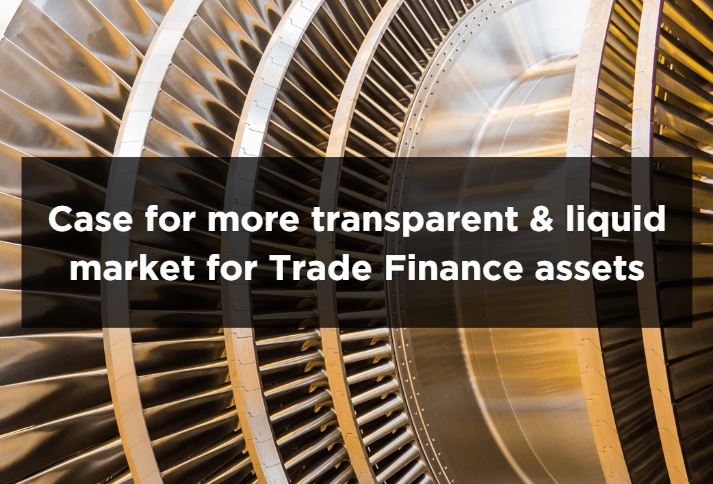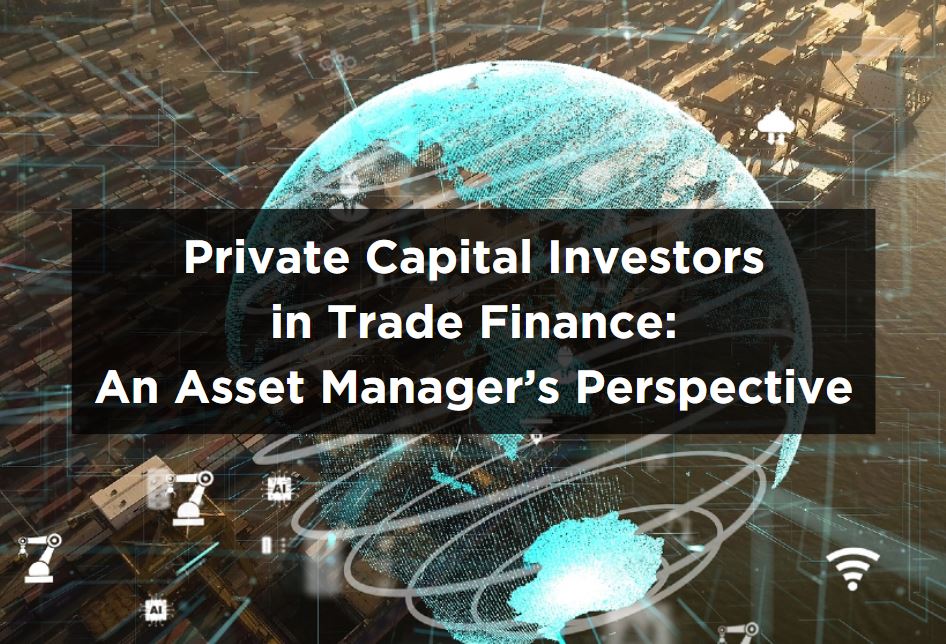Invoice finance is a term used to describe a range of financial instruments through which businesses arrange quick cash against invoices or accounts receivable. Invoice finance is crucial for small businesses, startups, those with cross-border clients, and companies whose cash flows are hampered due to payment delays. Invoice finance may include invoice discounting, invoice factoring, spot factoring, specific instances of supply chain finance, and any other arrangement through which a company raises working capital against invoices.
Meanwhile, there is quite a bit of confusion among people regarding invoice discounting and invoice factoring, with some thinking the terms are interchangeable when they are not. In simple terms, invoice discounting refers to borrowing against unrealized invoices for services rendered or products sold to clients or consumers. Usually, the lender advances or loans you a percentage of the value of unpaid invoices or accounts receivable. These are short-term loans with the invoices put up as collateral. As a business owner, you must pay back the money to the lender with interest and other applicable fees.
With invoice discounting, your advantage is that you can get needed cash quickly without waiting for clients or customers to clear their dues. You get a kind of line of credit, and you still have the responsibility of collecting your dues from your clients. In some digital systems, lenders can make arrangements where as soon as your client pays up, the lender’s dues are automatically deducted and the balance forwarded to you. Invoice discounting can also be selective, and you and the lender might agree on the financing of invoices of specific clients only and not the rest.
In invoice factoring, you sell your invoices at a discount to the factoring company. And this is where the confusion arises, and people think this is invoice discounting. Invoice factoring companies do credit checks and deal with your customers directly to realize payments. If they take drastic measures, your relations with the concerned customers may also get adversely affected. Invoice factoring can also be categorized as ‘recourse factoring’ or ‘non-recourse factoring.’ In recourse factoring, if your customer doesn’t pay the factor, you need to purchase your invoices from the factor by paying up when the term ends. In non-recourse factoring, the factor takes a higher discount but bears all the risks of collection, and you do not have to worry about the money anymore. But you lose control over customer communication concerning the invoices you have sold.
As a business owner, you must remember the crucial differences between invoice factoring and invoice discounting. In invoice factoring, you cannot conceal the state of your finance from your customers, as a third party takes over the collection, but this does not happen in invoice discounting, where your customer remains unaware of your finance deal. Another big difference is that in invoice factoring, it is the factor and not you who is responsible for collecting the dues on the invoice. Also, in invoice factoring, your customer pays the invoice dues directly to the factor, while in invoice discounting, you get the payment from your customer as usual.
While choosing between invoice factoring and invoice discounting, both of which are excellent short-term cash flow solutions, one has to make some trade-offs. Many factors do not entertain short-term deals and sometimes insist on contracts for at least a year. Also, in invoice factoring, you lose control over your invoices and customer relations, which can affect your reputation. But in factoring, payments are quick. On the other hand, invoice discounting gets you more money than factoring, but at a higher risk if the customers are unreliable. In general, unless the customers are known to be reputed and reliable, small businesses go for invoice factoring, while large enterprises go for invoice discounting.







